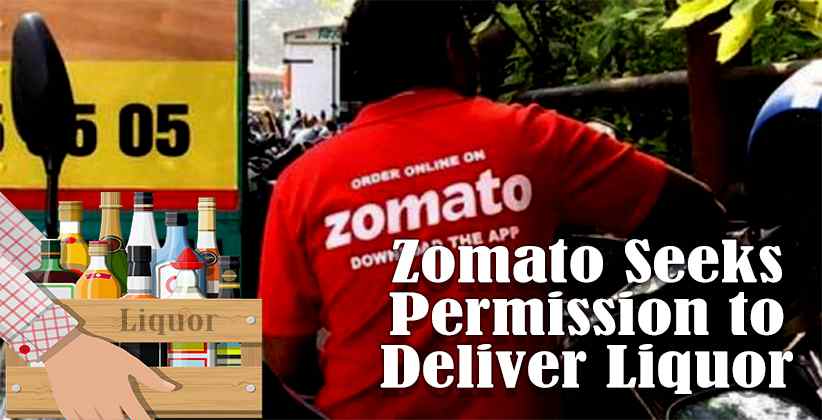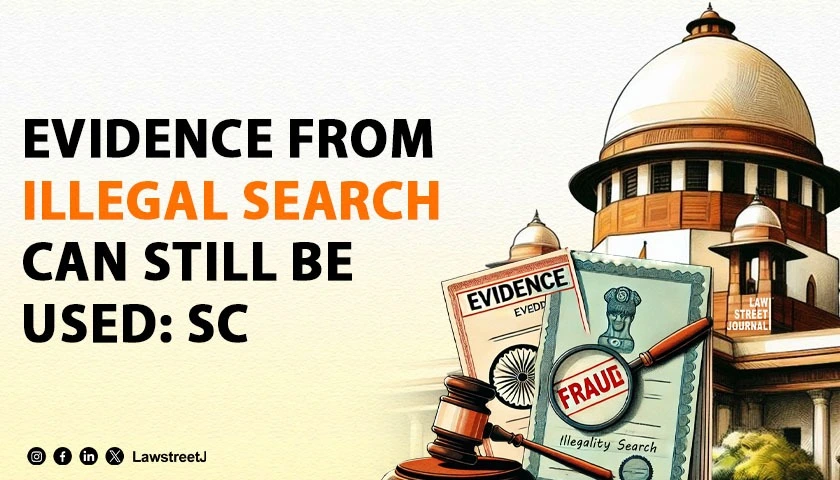Indian Food Delivery Giant - Zomato aims to expand operations by providing door-step alcohol deliveries, in the wake of the high demand for liquor amid lockdown.
Zomatos CEO Mohit Gupta in a business proposal to the International Spirits and Wines Association of India (ISWAI)wrote, We believe that a technology-enabled home delivery-based solution can promote responsible consumption of alcohol.
Zomatos business witnessed a dip due to COVID-19 with the imposed restrictions preventing restaurants from operating in full fervor. To counter the possibility of all together shutting shop, the online- food delivery app diversified its core functions. Zomato now also delivers grocery items and packages, along with food from selected restaurants with proper sanitation and social distancing measures in place.
All stores excluding medical stores and selective ration stores were closed in the country as a preventive measure from 25th March 2020. However, in the third phase of lockdown, wine shops were allowed to be opened by the central government in red, orange, and green zones in line with strict guidelines. (Notification dated 3rd May 2020). Containment zones were not allowed to open alcohol shops.
While the permission to open stores was granted after 2 pm on Monday, 4th, May 2020, people were seen queuing and forming groups outside wine shops from as early as 9 am on the same day. While some outlets were seen practicing social distancing, other flouted guidelines and caused utter chaos. Police personnel were also deployed in some areas to tackle the crowd and soon after stores were advised to adopt the token system for sales.
After the ban of Liquor sales was lifted, massive revenues started flowing in across the states. Reportedly, within one day of reopening, the Delhi government earned Rs. 25 crores from alcohol sales, while Maharashtra grossed a total of Rs. 62 crores. West Bengal also earned a whopping Rs. 40 crores on the first day of reopening liquor stores on Monday, 4th May 2020, while Uttar Pradesh recorded total sales amounting to 100 crores.
To deter large crowds and streamline revenues, New Delhi authorities introduced a new Special Corona fee of 70% on the retail prices of alcohol. Mumbai, on the other hand, reinforced social distancing measures and announced the closure of several wine shops not adhering to the guidelines within the state.
Further, the Supreme Court on Friday, 8th May 2020 declined a Public Interest Litigations (PIL) seeking a ban on the direct sale of liquor (sale through shops) during lockdown. The court advised the States to consider indirect sale and home delivery of liquor to ensure minimal crowds and enforcement of social distancing protocols at alcohol shops across the country.
A Constitution Bench consisting of Justice Ashok Bhushan, Justice Sanjay Kishan Kaul and Justice BR Gavai heard the case via videoconferencing and pronounced the said hearing in favor of indirect sale of alcohol in the country.
Currently, there is no provision of door-step alcohol deliveries in India, and the International Spirits and Wines Association of India (ISWAI) is seeking to change that in conjunction with players like Zomato. ISWAIs executive chairman Amrit Kiran Singh stated that states should allow alcohol deliveries to help bring in revenues, as the economy continues to struggle. The challenge is to ensure revenue from alcohol continues to be available, he said.








